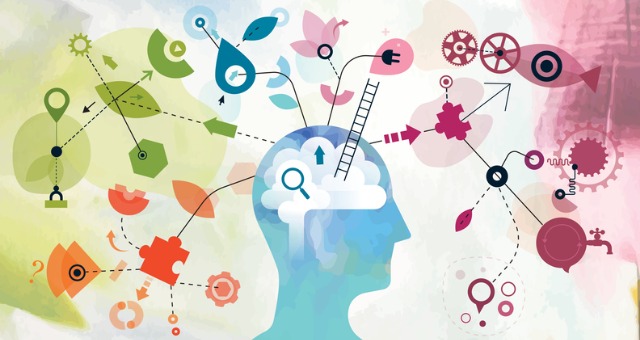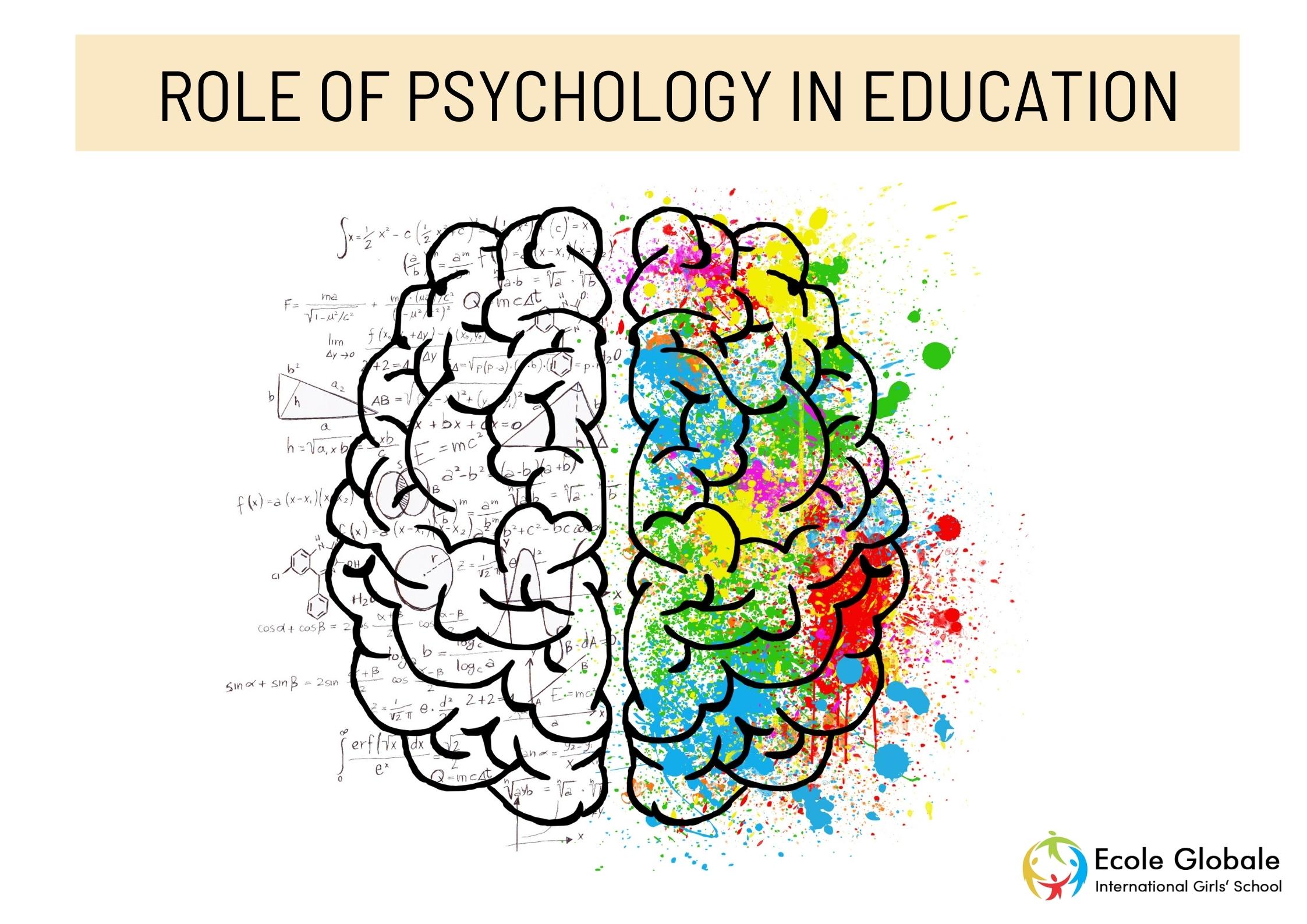The role of psychology in education. It helps children attain healthy growth and development by relating it to physical development.
Education has long been an area that seeks to teach students about their role in society. In the past, things like learning and understanding have actually been taught. These days, things are a bit different. We’re going to look at what the role of psychology is in education, how it has changed over time, and how you can use it to improve your own results in this area. Education is all about psychology. In fact, it is the science of human development.
Psychology within education can be defined as the application of psychological concepts to education and learning. A test score cannot give one a good idea of how capable a student is unless it is evaluated against other scores – this is essentially a statistical comparison. Some psychologists have doubted the usefulness of test scores in assessing student capability, claiming that there are alternative practices that may not involve tests but may be just as useful in deciding a student’s overall ability.
The role of psychology in education is to help the teacher understand what is happening in the classroom, to help them improve their teaching skills, and to help the student be engaged in learning.

As per research conducted by a top girls boarding school in Dehradun, teachers are the most influential factor when it comes to a student’s academic success. Their personalities, attitudes, instructional methods, and leadership styles all affect the classroom environment. The role of psychology in education helps teachers manage their classrooms more effectively.
Though psychology is a relatively new science, it appears in education all the time. Teachers use psychology to help understand the way their students think, learn, and behave. Having a solid understanding of how people learn can make all the difference in teaching, whether a teacher has five students or 500.
There are many factors that go into learning, including motivation, attention, and memory. All of these factors can be influenced by psychology.
An increasingly important area of study is the relationship between teachers and students. For example, according to one popular theory, when someone is more powerful than another person (for example, a teacher vs. a student), the less powerful person will become overly submissive and might appear to be self-effacing.
Another area of study is how personality affects learning styles. A common idea is that some people are visual learners and others are auditory learners — that is, they learn best when information is presented visually or verbally (respectively). The truth may be more complicated: For example, if you’re trying to teach someone how to play soccer by showing them pictures of plays or telling them verbally how to do it, they probably won’t learn very well either way.
Schools are looking for the best ways to teach and reach kids. Sometimes, teachers and administrators need a little help finding that path. And that’s where psychology comes in.
Psychology can help teachers understand their own emotions and behaviors, as well as those of their students. Psychologists use their knowledge to study learning disabilities and create programs to deal with them. They also examine how motivation affects learning, how students learn best, and how they develop emotionally as they grow.
Psychologists research individual differences in people’s behavior and then work out ways to improve learning. They also look at how students develop social skills and how they get along with others. They examine children’s personalities and discover how they change over time.
The role of psychology in education is broad and diverse. It can encompass anything from learning disabilities to classroom management, from methods of increasing motivation to different approaches to understanding human cognition. Essentially, the field of psychology influences almost every aspect of education in one way or another.
As a result, psychology is integral to any effective educational system. With all of these factors to consider, it’s hard to say what the ultimate impact of psychology will be on education moving forward. It’s likely that there will be many more studies and experiments in the future, which could very well reshape education entirely. Time will tell.
For any queries related to parenting, schooling, or any student-related tips, click here to check out our latest blogs









